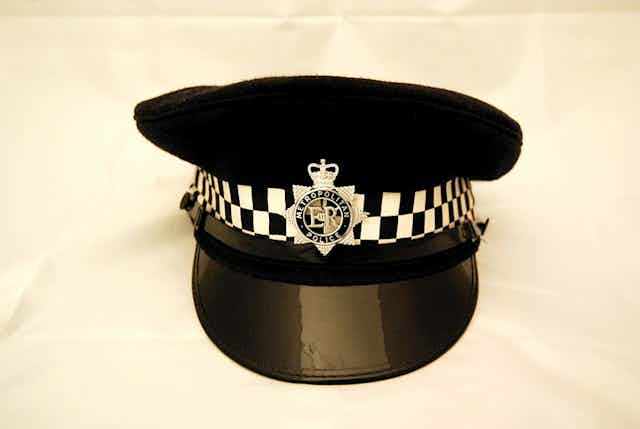Lord Justice Leveson recommended in 2012 the formal reporting of contacts between police officers and the press, greater consistency of police–press policies and practices nationally, and “clear and direct” policy guidance. But as The Guardian’s crime correspondent, Duncan Campbell, suggested: “The big chill on relations between the police and journalists had started some months before the Leveson Report was completed”, with official and unofficial contact between the press and the police being severely restricted.
Many crime journalists at the time, including Campbell, worried about the ability of crime journalists to continue to carry out their job effectively, to inform the public on policing and crime issues, and when necessary, hold the police to account.
In an article recently published in the British Journal of Criminology, I explore relations between the Metropolitan Police and the national press, four years on from the Leveson Inquiry. I found that there were still serious curbs on police and media communication and that the police were seemingly more in control of the flow of information to the public than ever before.
Journalists interviewed for this study suggested that when official briefings on the Metropolitan Police’s work are held, they are only being given part of the story or an overly favourable impression of police work. And without informal contacts to corroborate their concerns, they are unable to voice their fears in the press.
Inaccurate information is being printed in the press because police press officers are worried about overstepping their brief and giving too much information to journalists. And while, in the past, many abuses of police power or corruption were brought to the attention of the press by serving officers, this channel has now seemingly been closed.
My study was based on recent empirical research between 2012 and 2015. I carried out 35 interviews with senior Metropolitan Police officers, staff from the Directorate of Media and Communication at Scotland Yard, both past and present, and crime journalists working for national news outlets in online, broadcast and print media.
In my study, I argue that prior to the phone-hacking scandal of 2011, which precipitated the commission of these reports as well as a report by the HMIC, the relationship between the Metropolitan Police and the national press functioned relatively effectively and was based on mutual relations of trust and reciprocity.
However, since 2011, it would seem that the balance of power has been more firmly skewed in favour of the Metropolitan Police. This is due to three factors: restrictions on contact with the press; cuts in the media industry leading to journalists being more dependent on press releases from police media officers, and the rise of social media.
Directing traffic
Social media has allowed the police to bypass the traditional press in many ways. The police are able to communicate more directly with the public than ever before, they have more control over the content of stories published on social media, and can even carry out aspects of operational policing – such as warning the public of risk, identifying suspects and appealing for information – through its use. But the lack of accountability of material published online has on occasion posed problems for the police.
Police respondents, particularly those involved in frontline activities – such as heads of specialist squads – suggested that the advent of new media coupled with the deterioration of relations between the Metropolitan Police Service (MPS) and the national news media could have grave consequences. Not only could this disconnect result in inaccurate, speculative reports based on information from members of the public posting on Twitter, but it could also on occasion cause distress to victims’ families or prejudice judicial proceedings when the names of suspects are released into the public domain too soon. As one police respondent explained:
The press seem to think that the big problem in this clampdown on contact is that they won’t be able to carry out their Fourth Estate role – but the fact is, the real problem for both sides is the fact that without contact, without that trust, things are going to be put in the public domain that are not in the public interest, that are going to damage police operations and are going to damage press credibility if they put out information they can’t back up.
Pressing matters
Similarly journalists interviewed for this study understood the need for reticence on the part of press officers, in a climate where, as one respondent suggested: “You can be investigated for having a coffee with the press”. But they also argued that at the end of the day, “We’ve got a job to do and a paper to fill.”
While both police and press respondents acknowledged that relations between some police officers – particularly in the Metropolitan police service – and some members of the news media had been problematic in the past, both sides believed, as one police officer put it “that the police have over-reacted. What was needed was a sticking plaster and instead we have put a bloody great cast on the problem.”
Finally, both police and press interviewees suggested that a breakdown in communications was no answer to the problem and that – in the age of social media – both sides needed each other more than ever, to work together to make sure stories were as accurate as possible and to ensure sensitive information was not leaked too soon.
If Leveson 2 does take place, then for many reasons – the legitimacy of policing, the ability of the public to understand and assess current crime issues, and the integrity of crime reporting – that dialogue needs to be opened up once more and a relaxation of restrictions on contact between the police and the press needs to be a priority.

